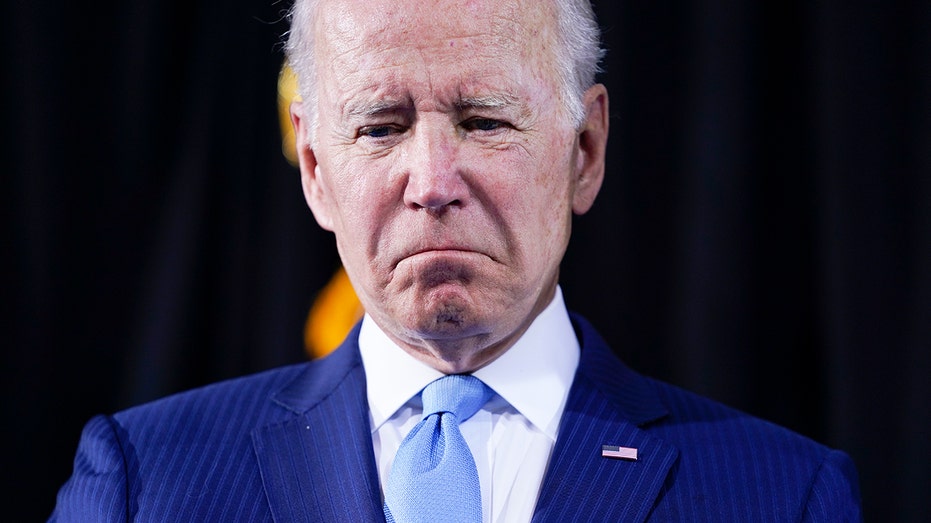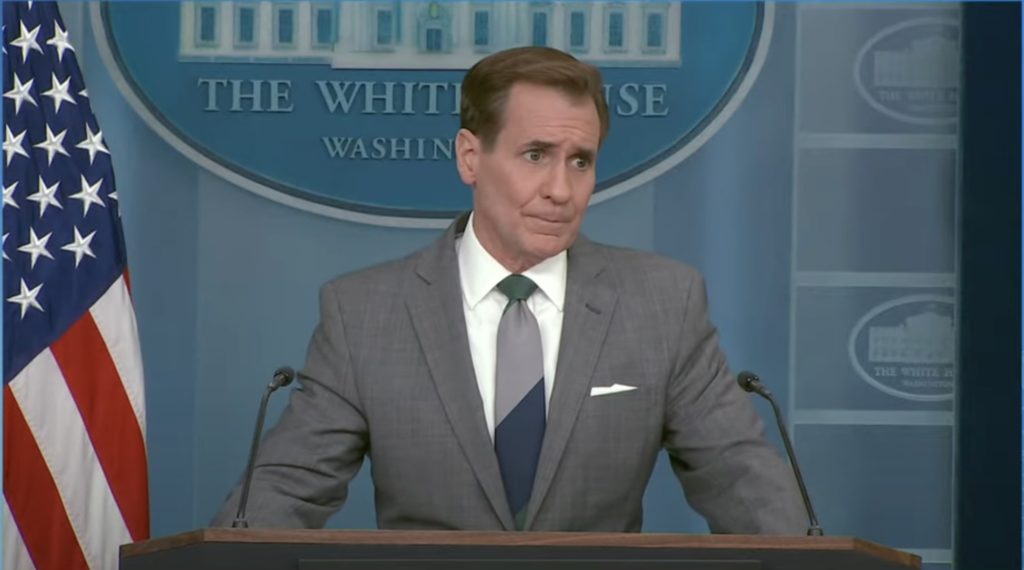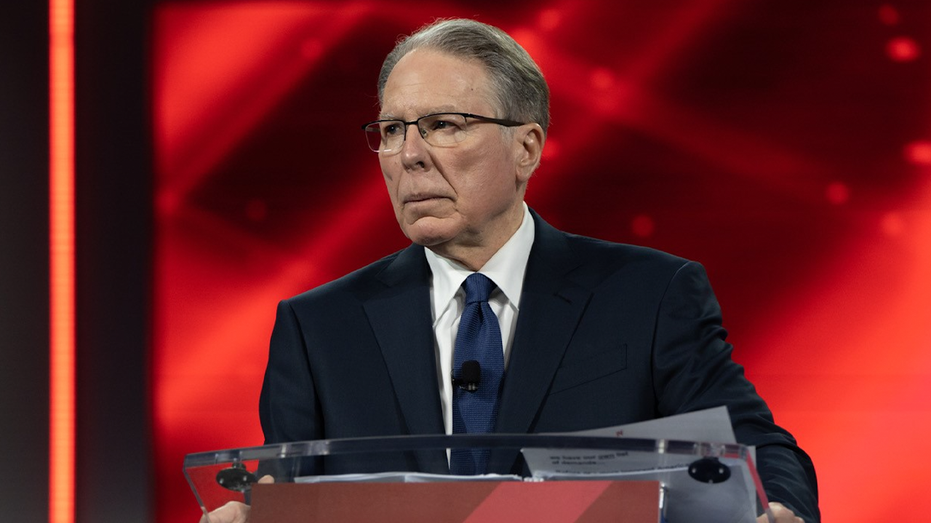2024 forecast looks like a bleak return to, ‘It’s the economy, stupid’
Heading into the 2024 election, the economic situation looks bleak for Biden. It could well mean the return of, ‘It’s the economy, stupid,’ as voters fixate on their own finances.

As we set out for 2024 – a presidential election year that will no doubt be a defining one in our nation’s history, I am reminded of James Carville’s famous words in the 1992 presidential election, "It’s the economy, stupid."
The Biden administration continues to tout Bidenomics, despite the fact that the majority of Americans believe that they are economically worse off than they were during the Trump administration. Americans also believe that their economic perspectives would be better during a second Trump administration.
Talking heads on financial networks are painting a rosy economic picture for the year ahead. Are they right, or simply parroting the current administration’s talking points?
BIDEN BOASTING ABOUT THE ECONOMY MAKES HIM APPEAR 'OUT OF TOUCH' WITH MAINSTREAM AMERICA: ECONOMIST
The economic data is sending mixed messages, but I believe that 2024 is going to be a rocky road.
The November 2023 Consumer Price Index, the leading indicator of inflation, was 3.1%. A good number, but higher than the Federal Reserve’s goal of 2%.
Core inflation, which removes volatile food and fuel rates (which impact working Americans the most) remains very sticky at 4%.
However, when one looks at the inflation rate compared to 2021, the narrative changes. The inflation rate in November 2022 was 7.1%, meaning that prices are more than 10% higher than they were in 2021.
The impact of inflation is destroying the middle class and working Americans.
Credit card debt is at a record high of over $1 trillion. Sadly, people are not incurring debt to buy 75-inch televisions and trips to Paris, they are incurring credit card debt to pay their rent, their utility bills, and their grocery bills. And paying nearly 25% interest rates for the privilege of doing so.
And it is growing more difficult for working Americans to purchase credit. "Over the 12 months ending in June, 21.8% of people who applied for credit were rejected," and it is only getting worse.
Beyond record credit card debt, we are seeing a record number of people taking emergency loans against their 401K savings plans, with emergency withdrawals increasing 27% over 2022.
In addition, more and more working Americans are relying on buy now, pay later schemes to finance their spending.
The record debt is starting to impact the economy.
The American Dream is out of reach to 99% of Americans, according to a recent study.
Researchers examined the median home prices last year for "roughly 575 U.S. counties and found that home prices in 99% of those areas are beyond the reach of the average income earner, who makes $71,214 a year," according to a real estate data provider.
And for those who attempted to purchase a home, the percentage of home purchase cancellations hit 16.3% in September, representing approximately 53,000 agreements canceled in that month.
Auto repossessions are also on the rise as people who bought new cars with government COVID-19 money realize they cannot afford their new Porsche.
Last, flying under the radar of most economists, is the fact that student loan repayments were mandated to begin in October, meaning 22 million people had new bills to pay. Only 60% of those borrowers made their first payment "by mid-November," per the U.S. Department of Education.
These conditions are starting to reflect how working Americans feel about 2024. "The University of Michigan’s consumer sentiment index ended the month at 61.3, a 3.9% drop from the 63.8 in October. The current conditions index fell 3.3% to 68.3, while the future expectations index declined 4.2% to 56.8," according to U.S. News & World Report.
So, what does this mean for America?
CLICK HERE FOR MORE FOX NEWS OPINION
I believe that we will see U.S. consumer spending decrease significantly as 2023 holiday credit card bills come due, forcing people to make hard choices about how they spend their money.
Oil prices will continue to rise as the Houthi rebels disrupt free trade via the Red Sea. Oil is kissing $75 per barrel now and will easily reach $80 before the New Year.
The decline in the traffic flowing through the Panama Canal will begin to impact American retailers by the middle of the first quarter of 2024. We will see higher prices and shortages on the shelves.
2024 will be rocky. The U.S. economy will slow, perhaps experiencing a mild recession. Unemployment will increase, and consumer spending will decrease as working Americans attempt to pay down their debt.
The primary driver of the economy will come with the presidential election in November. 2024 will, no doubt, be a year focused on "the economy, stupid," and the American people will have the final say this November.



